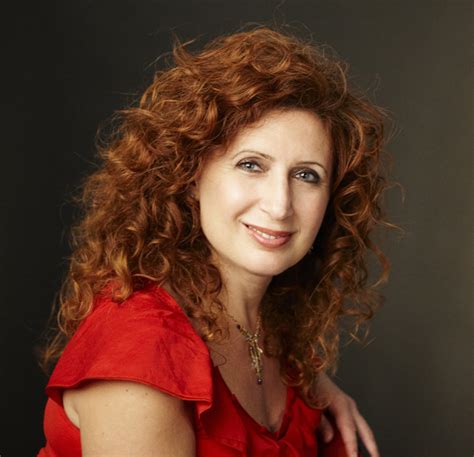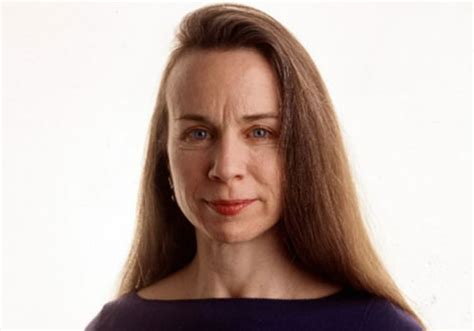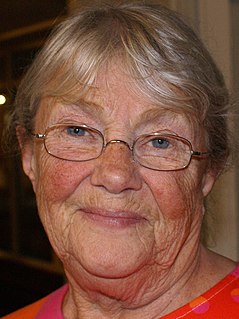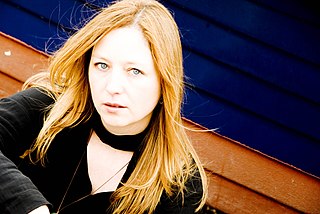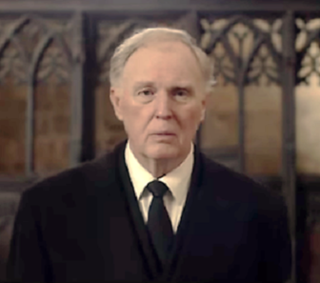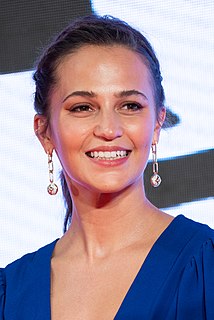A Quote by Joe Wright
I've made some films that were very much image based: 'Anna Karenina' and 'Pan,' for instance.
Related Quotes
I think some of my favorite Australian films were shot by people that are not Australian. And I think when Dean Semler did 'Dances with Wolves,' for instance, that's a very different-looking Western than what you've seen much of before. It's very rich, color-wise. But we've got our own very proud thing going on.
An author entices the readers with their words, and it is painful for them to even lose a sentence. But films and books are two different mediums and should be dealt differently. What works in a book might not work for a film. When I saw 'Anna Karenina' on screen, I didn't like it at all, whereas 'The Godfather' was legendary.
From the very beginning, all of my films have divided the critics. Some have thought them wonderful, and others have found very little good to say. But subsequent critical opinion has always resulted in a very remarkable shift to the favorable. In one instance, the same critic who originally rapped the film has several years later put it on an all-time best list. But of course, the lasting and ultimately most important reputation of a film is not based on reviews, but on what, if anything, people say about it over the years, and on how much affection for it they have.




